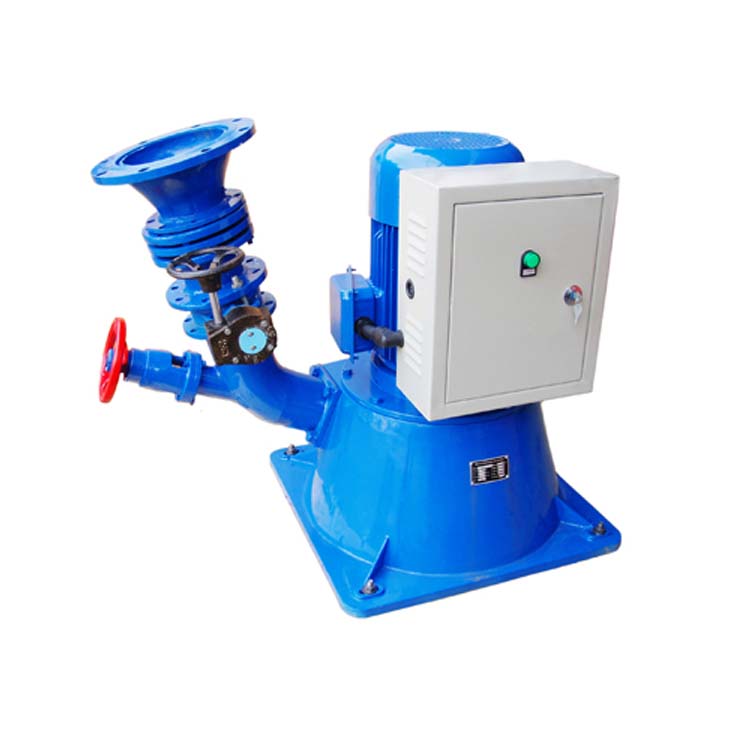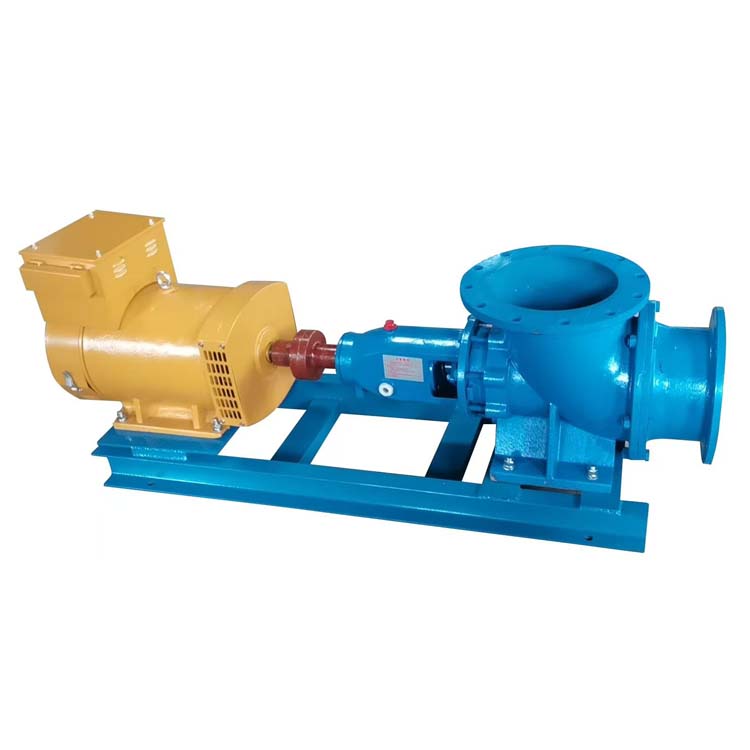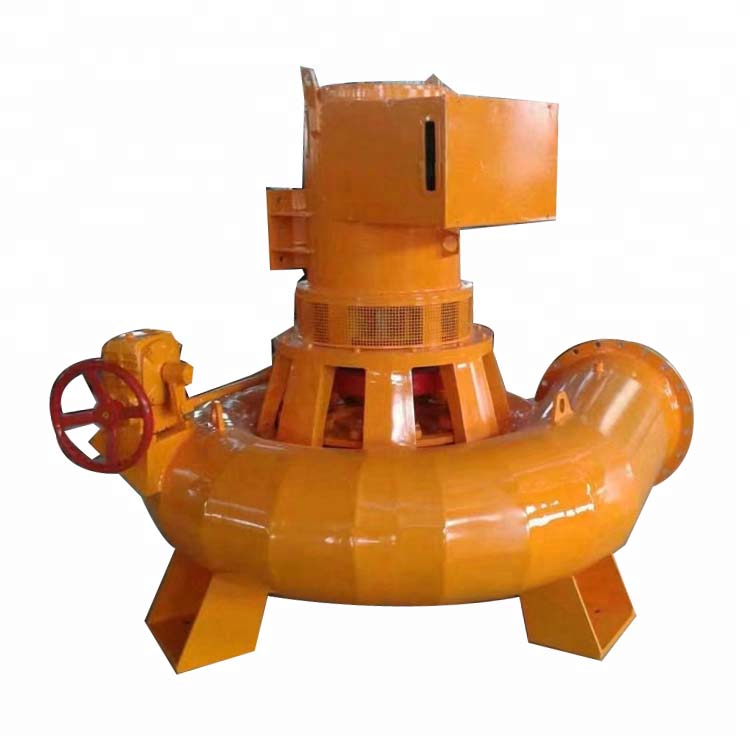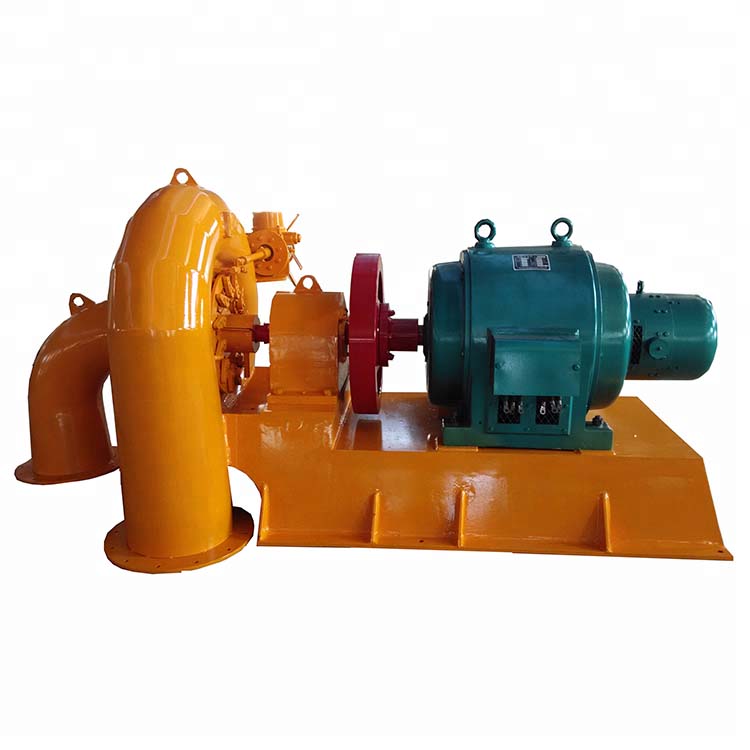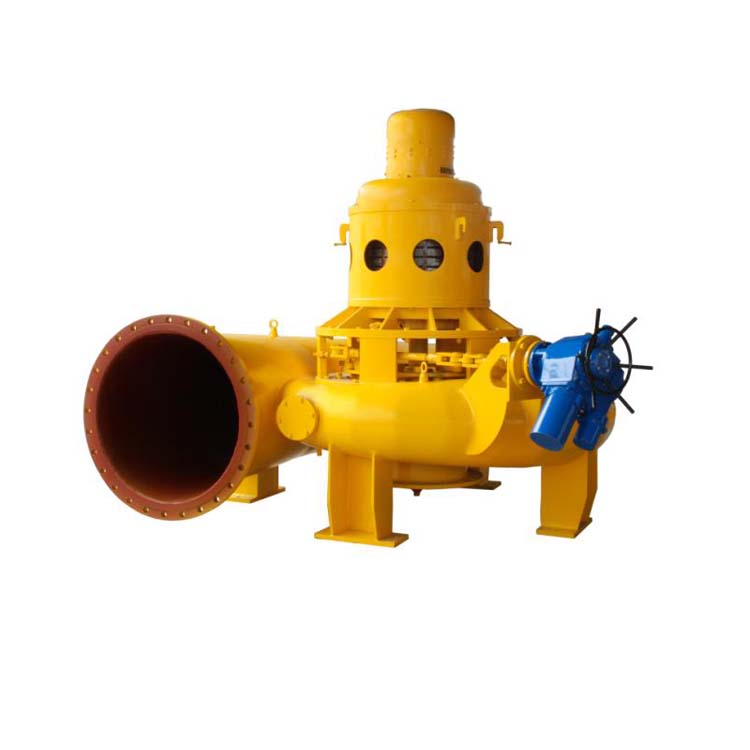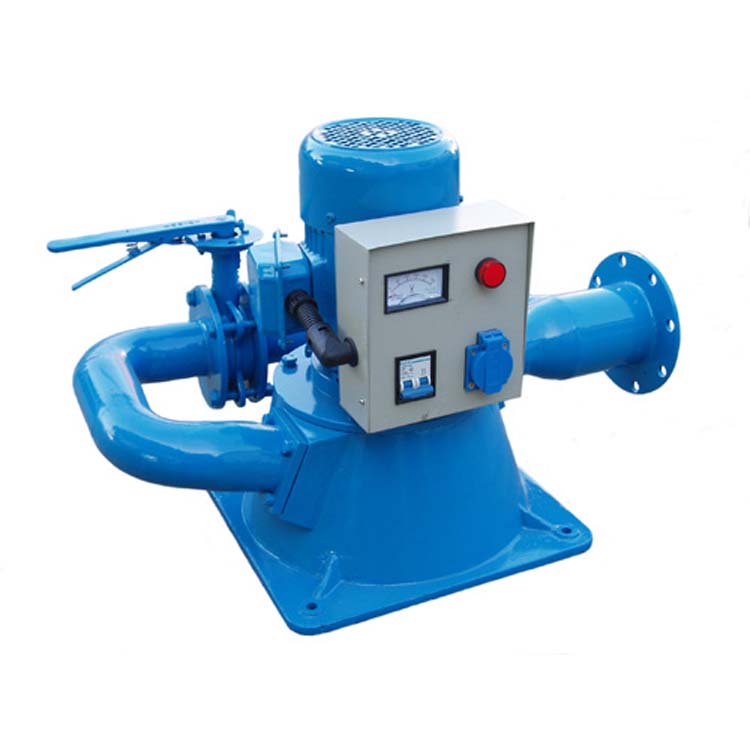Hydro Power Africa
Hydropowerafrica.com has more than 1,500 clients from all over Africa, over 40% of the world’s leading global brands, For aerospace, military, industry, etc. Hydropowerafrica.com is committed to researching and developing hydro power in Africa, our goal is to provide the best hydro power solutions to our clients. Buy online your hydropower at Hydropowerafrica.com for your hydro power project.
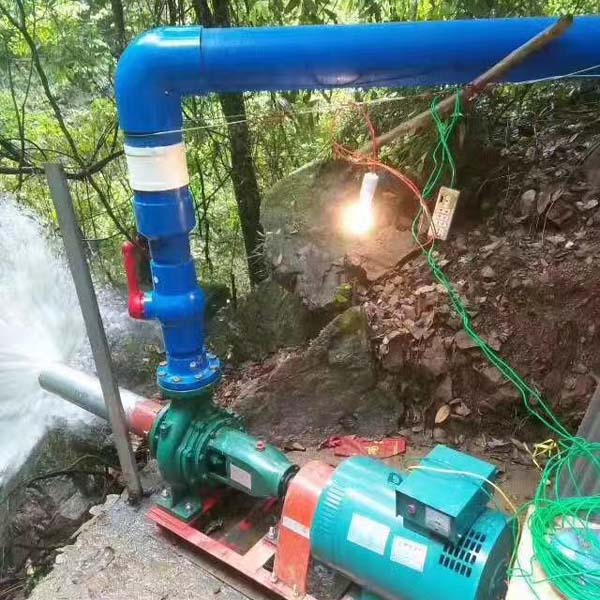
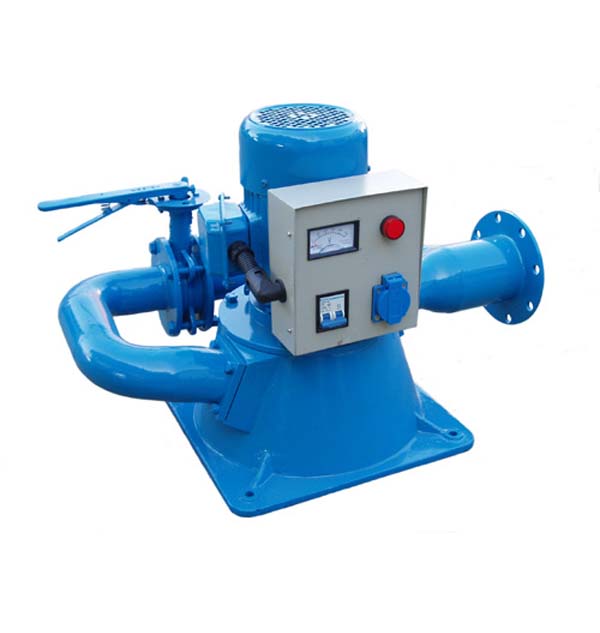
We can make all hydro turbines from 300watt to 1000kw.
Our factory produces a large number of high-quality hydro turbines that meet the requirements of different markets. All models are tailor-made and welcome to OEM and private label service is available. Contact us to get the latest catalog and price list today.
Frequently Asked Questions About Hydro Power Africa.
What's your MOQ of Hydro Turbines?
We don’t have MOQ, we support your small business anytime!
How long is your delivery time?
We have large stock, 5 days for stock items,7-15 days for production. For Tailer-made hydro turbine, we need the water head and water flow to calculate and choose the model, and production time will be around 30 days. delivery days will be 7 days from factory to port.
Harnessing the Power of Water: Hydro Power in African Countries
Table of Contents
- Introduction
- The Potential of Hydro Power in Africa
- Challenges and Opportunities in Hydro Power Development
- Hydro Power in North Africa
- Morocco
- Algeria
- Tunisia
- Libya
- Egypt
- Hydro Power in West Africa
- Nigeria
- Ghana
- Côte d’Ivoire
- Senegal
- Niger
- Hydro Power in East Africa
- Ethiopia
- Kenya
- Tanzania
- Uganda
- Rwanda
- Hydro Power in Central Africa
- Cameroon
- Democratic Republic of the Congo
- Republic of the Congo
- Chad
- Central African Republic
- Hydro Power in Southern Africa
- South Africa
- Zambia
- Zimbabwe
- Mozambique
- Namibia
- Hydro Power Manufacturers, Factories, Suppliers, and Exporters
- The Future of Hydro Power in Africa
- Conclusion
Introduction
Africa is a continent of remarkable beauty, diversity, and untapped potential. Amidst this diversity, one of the most potent sources of energy lies hidden in its rivers and water bodies: hydro power. Hydro power in African countries has the potential to revolutionize the energy landscape, bringing power to the people, driving economic growth, and mitigating environmental challenges. In this comprehensive exploration, we’ll delve into the world of hydro power in Africa, its current status, the challenges it faces, and the future it holds.
The Potential of Hydro Power in Africa
Africa is bestowed with abundant water resources, making it a prime candidate for harnessing hydro power. The continent is home to numerous rivers, including the Nile, Congo, Niger, Zambezi, and many more, all of which have the potential for hydroelectric development. This potential offers a sustainable and clean energy source that can help bridge the energy gap and power economic growth.
However, despite this tremendous potential, hydro power in Africa is largely untapped. Several factors have contributed to this underutilization, including financial constraints, political instability, and technical limitations. The continent’s energy demands are escalating, and harnessing hydro power offers a viable solution to meet these needs in an environmentally friendly manner.
Challenges and Opportunities in Hydro Power Development
Developing hydro power in African countries presents both challenges and opportunities. The challenges include:
- Investment Requirements: Building hydro power infrastructure demands significant investment. Securing funding and ensuring that it is used effectively is a major challenge.
- Environmental Impact: Hydroelectric projects can have adverse environmental effects, such as habitat disruption and alteration of river ecosystems.
- Social Impacts: Displacement of local communities due to dam construction is a sensitive issue that needs to be addressed.
- Technical Expertise: Developing and maintaining hydro power infrastructure requires technical expertise and skilled labor, which can be scarce in some regions.
On the flip side, the opportunities are equally compelling:
- Renewable Energy: Hydro power is a clean and renewable energy source that can help reduce greenhouse gas emissions.
- Rural Electrification: Hydro power can extend electricity access to remote and rural areas, improving living standards and economic prospects.
- Job Creation: The construction and maintenance of hydro power infrastructure can create jobs and stimulate economic growth.
- Energy Security: Hydro power can enhance energy security by diversifying the energy mix and reducing reliance on fossil fuels.
Hydro Power in North Africa
Morocco
Morocco, situated at the northwest tip of Africa, has been investing in hydro power projects to meet its energy demands. The Bin El Ouidane dam and the Mohammed VI dam on the Oum Er-Rbia River are examples of the country’s efforts to harness hydro power.
Algeria
Algeria has been developing its hydro power capacity, with projects such as the Djorf Torba dam contributing to the nation’s energy mix. The Tizi Ouzou and Tala Gouna dams are also significant in Algeria’s hydro power landscape.
Tunisia
Tunisia is exploring its hydro power potential, and the Mornaguia and Sidi Salem dams are notable developments in this regard. The country is striving to utilize its water resources for both energy and irrigation purposes.
Libya
Hydro power in Libya is relatively underdeveloped due to political instability and conflicts. However, the country holds potential for harnessing its river resources, such as the Al-Jawf River.
Egypt
Egypt has a long history of hydro power use, primarily through the Aswan High Dam on the Nile River. This dam not only generates electricity but also controls flooding and provides water for irrigation.
Hydro Power in West Africa
Nigeria
Nigeria is one of the largest countries in Africa and has a significant hydro power potential, particularly in the Niger River basin. The Shiroro and Jebba dams are among the hydro power installations in Nigeria.
Ghana
Ghana relies on hydro power for a substantial portion of its electricity generation. The Akosombo and Bui dams are integral to the country’s power supply.
Côte d’Ivoire
Côte d’Ivoire has been enhancing its hydro power capacity with projects like the Taabo and Ayame dams. The country aims to reduce its reliance on thermal power generation.
Senegal
The Manantali Dam in Senegal serves as a multi-purpose project, producing electricity and regulating the flow of the Senegal River. The country is exploring further opportunities in hydro power.
Niger
Niger is rich in river resources, and the Kandadji and Kainji dams are part of the country’s efforts to harness hydroelectric power for development.
Hydro Power in East Africa
Ethiopia
Ethiopia is often dubbed the “water tower of Africa” due to its numerous rivers. The Grand Ethiopian Renaissance Dam (GERD) on the Blue Nile is one of the continent’s most significant hydro power projects.
Kenya
Kenya has been investing in hydro power, with projects like the Turkwel Gorge and Sondu-Miriu dams contributing to its energy production.
Tanzania
Tanzania is exploring its hydro power potential, with dams like the Kidatu and Mtera contributing to the country’s power supply.
Uganda
Uganda’s energy mix includes hydro power, with the Owen Falls and Kiira dams being essential contributors.
Rwanda
Rwanda is looking to enhance its hydro power capacity, with projects like the Nyabarongo II and Rusumo Falls dams.
Hydro Power in Central Africa
Cameroon
Cameroon has invested in hydroelectric power generation, with the Lom Pangar and Nachtigal dams being prominent in the country’s energy landscape.
Democratic Republic of the Congo
The Democratic Republic of the Congo has immense hydro power potential, with the Inga dams on the Congo River being among the largest hydro power projects in the world.
Republic of the Congo
The Republic of the Congo is looking to develop its hydro power capacity, with the Sounda and Djoué dams as key projects.
Chad
N’Djamena, the capital of Chad, is exploring the potential of the Chari River for hydroelectric power.
Central African Republic
The Central African Republic is considering harnessing the hydro power potential of its rivers, such as the Ubangi and Oubangui rivers.
Hydro Power in Southern Africa
South Africa
South Africa is a leader in hydro power development in the region. The Drakensberg Pumped Storage Scheme and the Gariep Dam are integral to the country’s energy supply.
Zambia
Zambia relies significantly on hydro power, with the Kariba Dam and Kafue Gorge Dam being key installations.
Zimbabwe
Zimbabwe has been investing in hydroelectric power, with projects like the Kariba South Extension contributing to the nation’s energy generation.
Mozambique
Mozambique has substantial hydro power potential, with the Cahora Bassa Dam on the Zambezi River being a notable project.
Namibia
Namibia is exploring its hydro power potential, with the Ruacana and Neckartal dams contributing to the country’s energy production.
Hydro Power Manufacturers, Factories, Suppliers, and Exporters
Hydro power development requires the expertise of manufacturers, factories, suppliers, and exporters. Some well-known companies in this sector include:
- Voith Hydro: Voith Hydro is a global leader in hydro power technology, providing equipment and services for hydroelectric projects worldwide.
- GE Renewable Energy: GE Renewable Energy offers a range of solutions for hydro power, from turbines to digital services.
- Andritz Hydro: Andritz Hydro is a prominent supplier of electromechanical equipment for hydroelectric power stations.
- Alstom Hydro: Alstom Hydro specializes in hydro power equipment and services, including turbines and generators.
- Siemens Energy: Siemens Energy offers a broad portfolio of solutions for hydro power projects, ensuring efficiency and sustainability.
- Bharat Heavy Electricals Limited (BHEL): BHEL is one of India’s leading manufacturers of hydro power equipment, including turbines and generators.
The Future of Hydro Power in Africa
The future of hydro power in Africa holds significant promise. With increasing investments, improved technologies, and a growing awareness of the benefits of renewable energy, hydro power is poised to play a vital role in meeting the continent’s energy demands. However, challenges related to financing, environmental impact, and social considerations must be addressed for sustainable and responsible development.
Conclusion
Hydro power in African countries represents a powerful opportunity to transform the continent’s energy landscape. With its abundant water resources and the potential for clean, renewable energy generation, hydro power can provide the foundation for economic growth and improved living standards. The journey to harnessing this potential may be challenging, but the rewards are well worth the effort. As African nations continue to invest in hydro power, the future shines brighter with sustainable energy and a path to progress.
What's your price terms?
EXW/FOB/CIF/CFR/FCA/CPT/CIP/DAP/DDP
What is your terms of payment ?
30% TT in advance,70% before delivery. 100% TT in advance if goods are in stock.
Are you trading company or manufacturer?
We are a hydro turbine manufacturer.
Let's Start A Project Together Today
Hydro Power Africa, Hydro turbine Supplier.
For the past 25 years, HydroPowerAfrica specialized in producing all kinds of small hydro turbines, mini-hydropower, large hydropower generator projects, hydropower generators, water turbines, water turbines generator, water power projects, etc.
Contact Info
- Main Office Location:
HydroPowerAfrica, Africa - Mail:
sunecohydro@gmail.com
